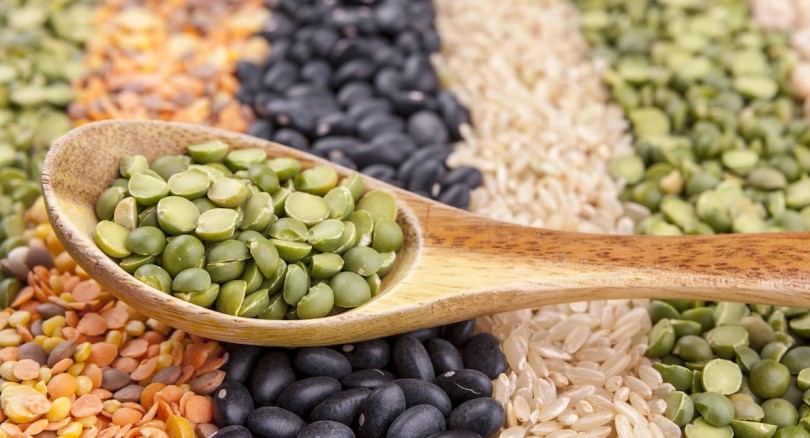Incorporating beans into your daily diet offers a multitude of health benefits, making them a valuable addition to any meal plan. From their nutrient density to their versatility in cooking, beans provide numerous advantages that promote overall well-being. Here are some key benefits of adding beans to your diet:
-
Nutrient-Rich Profile: Beans are packed with essential nutrients, including protein, fiber, complex carbohydrates, vitamins, and minerals. They are particularly rich in folate, iron, potassium, magnesium, and zinc. This nutrient density makes beans an excellent choice for supporting various bodily functions, such as muscle growth, immune health, and energy metabolism.
-
High Protein Content: Beans are an excellent source of plant-based protein, making them an ideal option for vegetarians and vegans looking to meet their protein needs. Protein is crucial for building and repairing tissues, supporting muscle health, and maintaining a strong immune system. Including beans in your diet can help ensure you get an adequate intake of this vital nutrient.
-
Fiber-Packed: Beans are loaded with dietary fiber, both soluble and insoluble. This fiber content aids in digestion, promotes regular bowel movements, and helps maintain bowel health. Additionally, fiber can help control blood sugar levels, lower cholesterol levels, and contribute to a feeling of fullness, which may aid in weight management and appetite control.
-
Heart Health: Regular consumption of beans has been linked to a reduced risk of heart disease. The soluble fiber in beans helps lower cholesterol levels by binding to cholesterol particles and removing them from the body. Furthermore, beans are low in saturated fat and cholesterol, making them a heart-healthy food choice. Additionally, certain compounds found in beans, such as flavonoids and antioxidants, have been shown to have protective effects on the cardiovascular system.
-
Blood Sugar Regulation: The complex carbohydrates and fiber found in beans can help regulate blood sugar levels and improve insulin sensitivity. This can be especially beneficial for individuals with diabetes or those at risk of developing the condition. By slowing down the absorption of sugar into the bloodstream, beans can help prevent spikes and crashes in blood sugar levels, promoting better overall glycemic control.
-
Weight Management: Due to their high fiber and protein content, beans can help promote satiety and reduce appetite, making them a valuable tool for weight management. Including beans in meals can help you feel fuller for longer periods, leading to reduced calorie intake and potentially aiding in weight loss or weight maintenance efforts.
-
Digestive Health: The fiber in beans not only promotes regularity but also provides fuel for beneficial gut bacteria. A healthy gut microbiome is essential for digestive health, immune function, and overall well-being. By supporting the growth of beneficial bacteria in the gut, beans contribute to a healthy digestive system and may reduce the risk of digestive disorders such as constipation, diverticulosis, and irritable bowel syndrome (IBS).
-
Budget-Friendly and Sustainable: Beans are an affordable source of nutrition, making them accessible to people from all socioeconomic backgrounds. They are also environmentally friendly, requiring fewer resources such as water and land compared to animal-based protein sources. Incorporating beans into your diet can help stretch your food budget while reducing your carbon footprint.
In conclusion, adding beans to your daily diet offers a myriad of health benefits, ranging from improved nutrient intake to better heart health, blood sugar regulation, and weight management. With their versatility in cooking and wide array of varieties to choose from, beans make a delicious and nutritious addition to any meal. By incorporating beans into your regular eating habits, you can support your overall health and well-being in a sustainable and budget-friendly manner.


